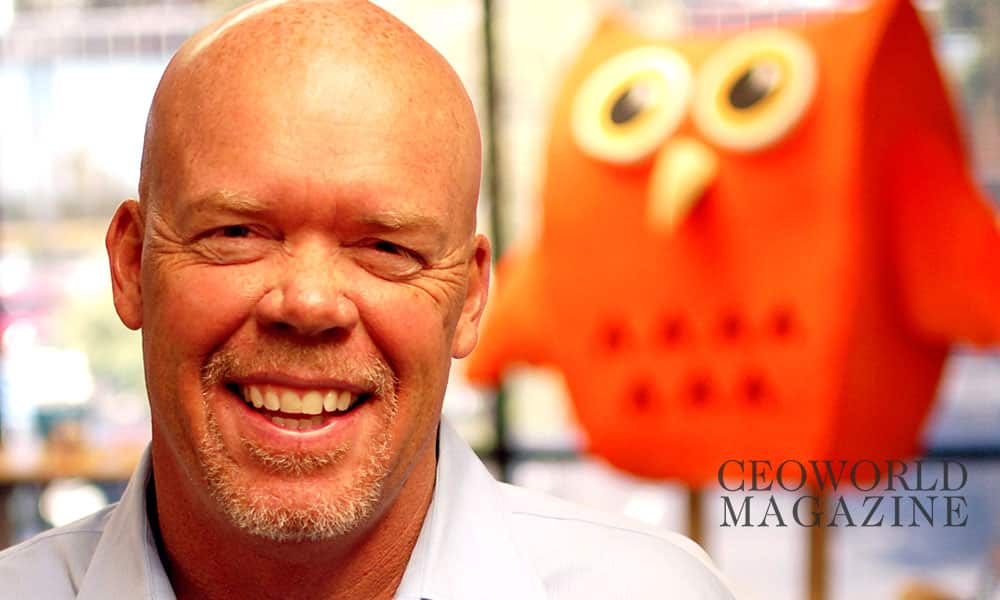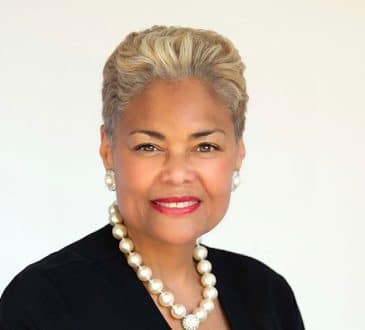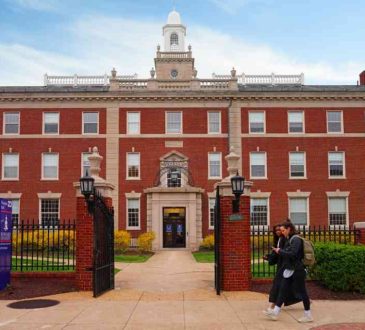Why the Best CEOs Are Product People at Heart

Every business has bookends. At tech organizations, software engineers sit at one end while salespeople reside at the other. Between them are marketing and product management. The thread that ties them all together? The product itself.
Companies revolve around products. The goods and services an organization produces provide the common links between different departments, the manufacturing side, and the customers. It should come as no surprise that the best CEOs are product people at heart. They may not be in the product design trenches (or have ever formally been in a product role), but the qualities that make a great product person also make first-rate CEOs.
Think about it — both roles demand an intense curiosity, the belief that anything is possible, a keen design sense, and single-minded focus on achieving certain goals. Steve Jobs is one of the most iconic business leaders of all time for a reason. At his core, Jobs was a product person with a sense of design distinguished him from his peers.
Whether you’re crafting a groundbreaking product or steering a company, you must be willing to take the arrows as naysayers shoot down your ideas and ambitions.
The Power of a Product-First Mentality
CEOs in Silicon Valley are fond of saying that your product is your marketing. The product is at the heart of your operation, and its success radiates outward when you get it right. Sales and marketing have a much easier time selling high-quality, innovative goods and services than poorly developed duds.
As head of the company, you need to take a big-picture view of your offerings. Mark Zuckerberg acquired Oculus because he wanted Facebook to build the market’s most cutting-edge products well into the future. In his book “Good to Great,” Jim Collins praises humble operators — the hardworking CEOs who keep their noses to the grindstone and prioritize results over fame. Certainly there’s a place for humility and resolve, but a larger-than-life, innovative product vision is what will differentiate your company from the rest.
Use the following strategies to cultivate your own product-first mentality:
- Love the product. Elon Musk is a true product person. He built Tesla and SpaceX, and he’s the chairman of Solar City, but his genuine passion for each of these companies lies at the root of his success. If you don’t love your organization’s product, you should look for another job. Growth stems from a sincere belief in what your company sells.
- Educate yourself. Continuous learning is part of your job as CEO. Read everything you can get your hands on that pertains to your company’s offerings. I recommend Steve Krug’s “Don’t Make Me Think,” which reads as a dummy’s guide to product design.
Read up on your industry colleagues, too. Pull company information from products similar to yours for competitive insights of what’s on the horizon in your industry.
- Hire great product leaders. Everyone on the product team should be jumping out of their seats in excitement over what you’re building. They should have a vision for the future, sift through market research, and utilize crowdsourced business information to get a deep understanding of your customers.
But understanding doesn’t equal acquiescence. Serious product people stand behind their ideas. Steve Jobs would never have built the iPod if he listened to public opinion. Instead, he used competitive intelligence of the portable music player scene and concluded that his product could infiltrate and disrupt the market. Designers don’t realize what’s possible if they only listen to consumers.
- Protect your creative hours. My “eureka” moments tend to happen in the morning, usually when I’m showering and getting ready to head to the office. I guard those early hours carefully because I know that’s when I do my best thinking about my company’s products. Learn what your most creative time of day is, and prioritize product thinking during that time. Ignore your phone, shut the door, and devote yourself to the big product ideas.
Products are the backbones of great companies, so make sure you’re focusing your attention where it needs to be. As CEO, you’re always going to have countless demands on your time. But it all falls apart without superior goods and services to sell. If you want your company to succeed, keep your eye on what really matters.
Have you read?
You’re doing it wrong with your clients
These Are The 20 Most Reliable Car Brands In America For 2017
Best Universities In Europe, Oxford And Cambridge Tops 2017 European Rankings
Product Problems: How Great CEOs Demonstrate Accountability
Written by: Jim Fowler, founder and CEO of Owler.
Bring the best of the CEOWORLD magazine's global journalism to audiences in the United States and around the world. - Add CEOWORLD magazine to your Google News feed.
Follow CEOWORLD magazine headlines on: Google News, LinkedIn, Twitter, and Facebook.
Copyright 2025 The CEOWORLD magazine. All rights reserved. This material (and any extract from it) must not be copied, redistributed or placed on any website, without CEOWORLD magazine' prior written consent. For media queries, please contact: info@ceoworld.biz











